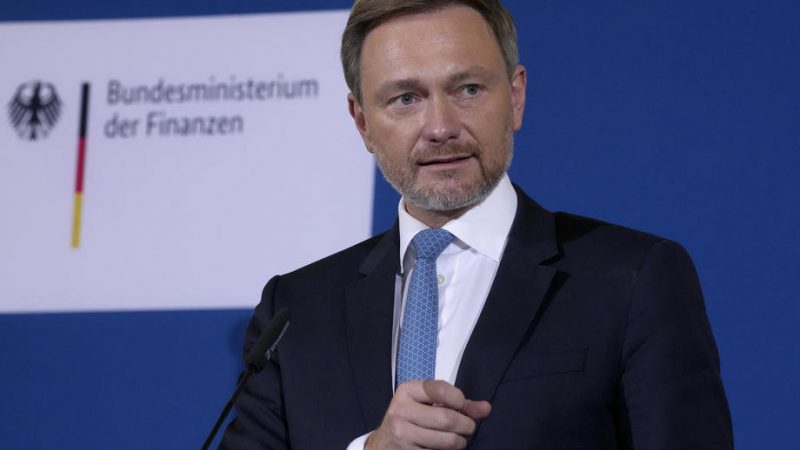
By Anders Lorenzen
Germany’s rapid phase-out of nuclear energy has been at odds with their climate policies, as it has driven up demand for gas and coal. Their new government coalition, led by the Social Democratic Chancellor Olaf Scholz, has prioritised climate action with more ambitious climate policies than the Angela Merkel government, however with no clear pathway of how to get there.
Then Ukraine was invaded by Russia and the pressure intensified on Germany to ease its reliance on Russian gas. Germany was left with no choice but to, for now, put on hold the new controversial undersea gas pipeline Nord Stream 2. There was a temporary concerted effort to bring some old nuclear power plants back to life, but that idea seems to have faded away again, not helped by stories of Russia taking over a Ukrainian nuclear power plant.
More fuel on the fire
Now Germany’s Finance Minister, Christian Lindner, has thrown more fuel on the fire by suggesting that, to ease its reliance on Russian gas, the country should rethink its ban on drilling for oil and gas in the North Sea.
In the coalition deal between the Social Democrats, the Greens and the Free Democrats (FDP) which is Lindner’s party, Germany will not grant any new permits for oil and gas drilling in the North Sea beyond the existing framework.
Speaking to the Tagesspiegel newspaper Lindner said: “We have to question the decision in the coalition agreement. Due to global market prices developments, this looks more economical.”
Germany depends on Russia for two-thirds of its natural gas imports. The country is urgently trying to boost alternative energy sources, including building its first liquefied natural gas (LNG) terminal.
Lindner further added: “Against the changed geopolitical background, I think it is advisable to examine the entire energy strategy of our country without any prohibitions on thinking.”
Lindner’s theory is that more homegrown gas production will make it easier for the country to ease its reliance on Russian gas. Similar arguments have been made in the UK, with some politicians saying that the UK should revisit its ban on fracking. However, energy analysts would be keen to point out that due to the way wholesale gas is traded on global markets, a surge in domestic production is unlikely to make much difference. And climate allies in the German coalition government will for sure not be impressed with an increase in fossil fuel production.
6 replies »